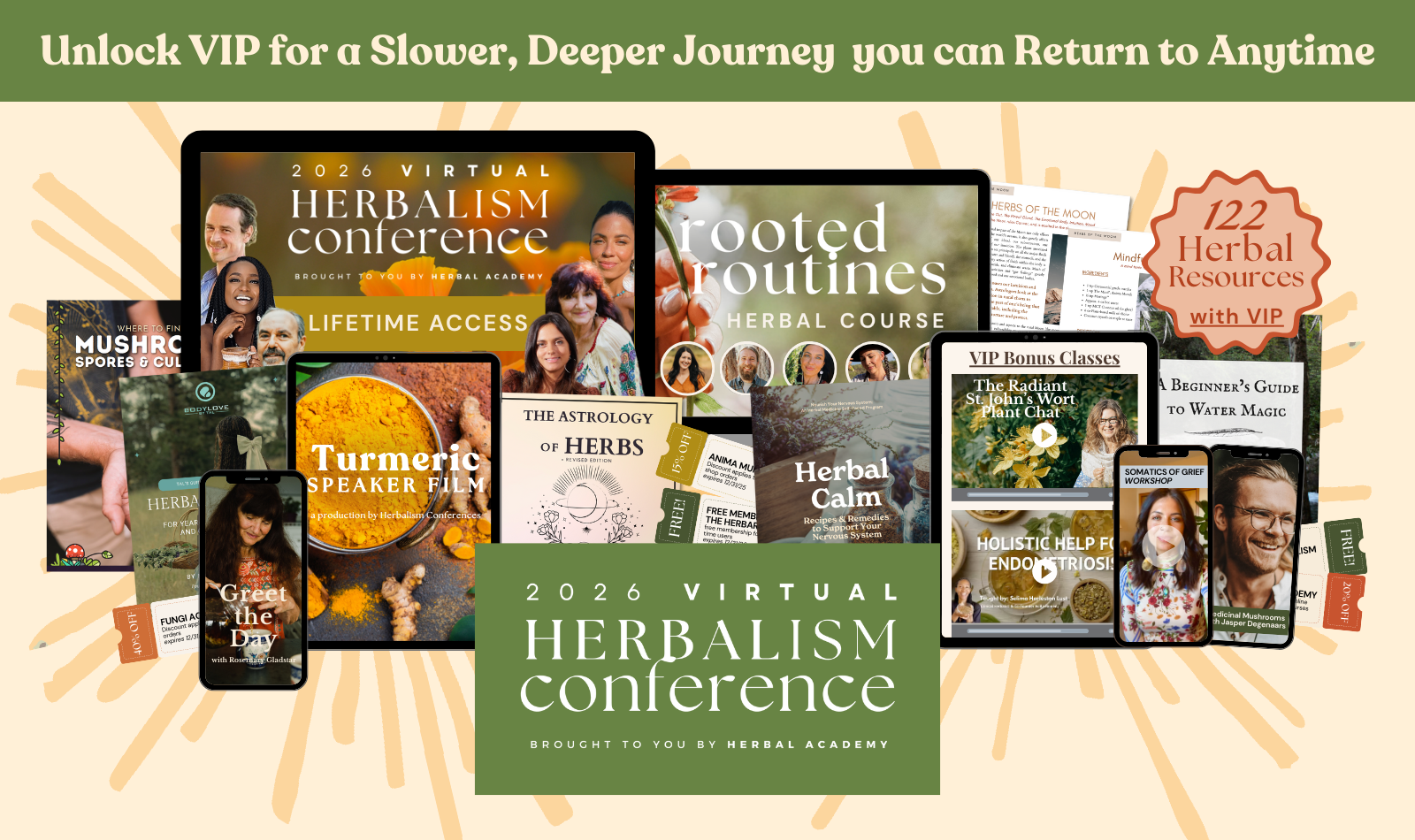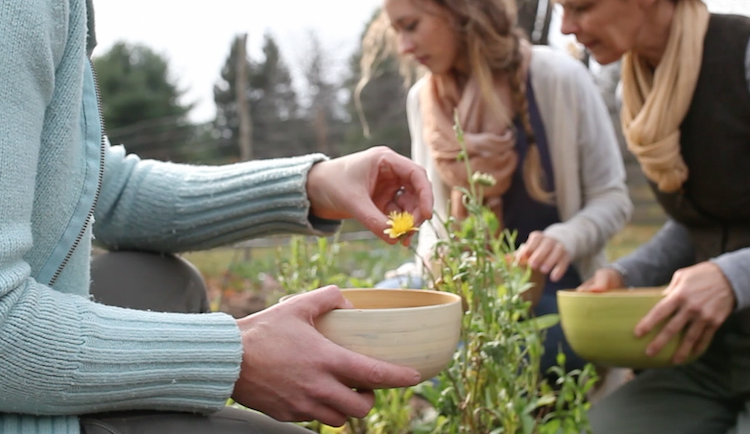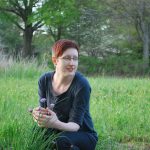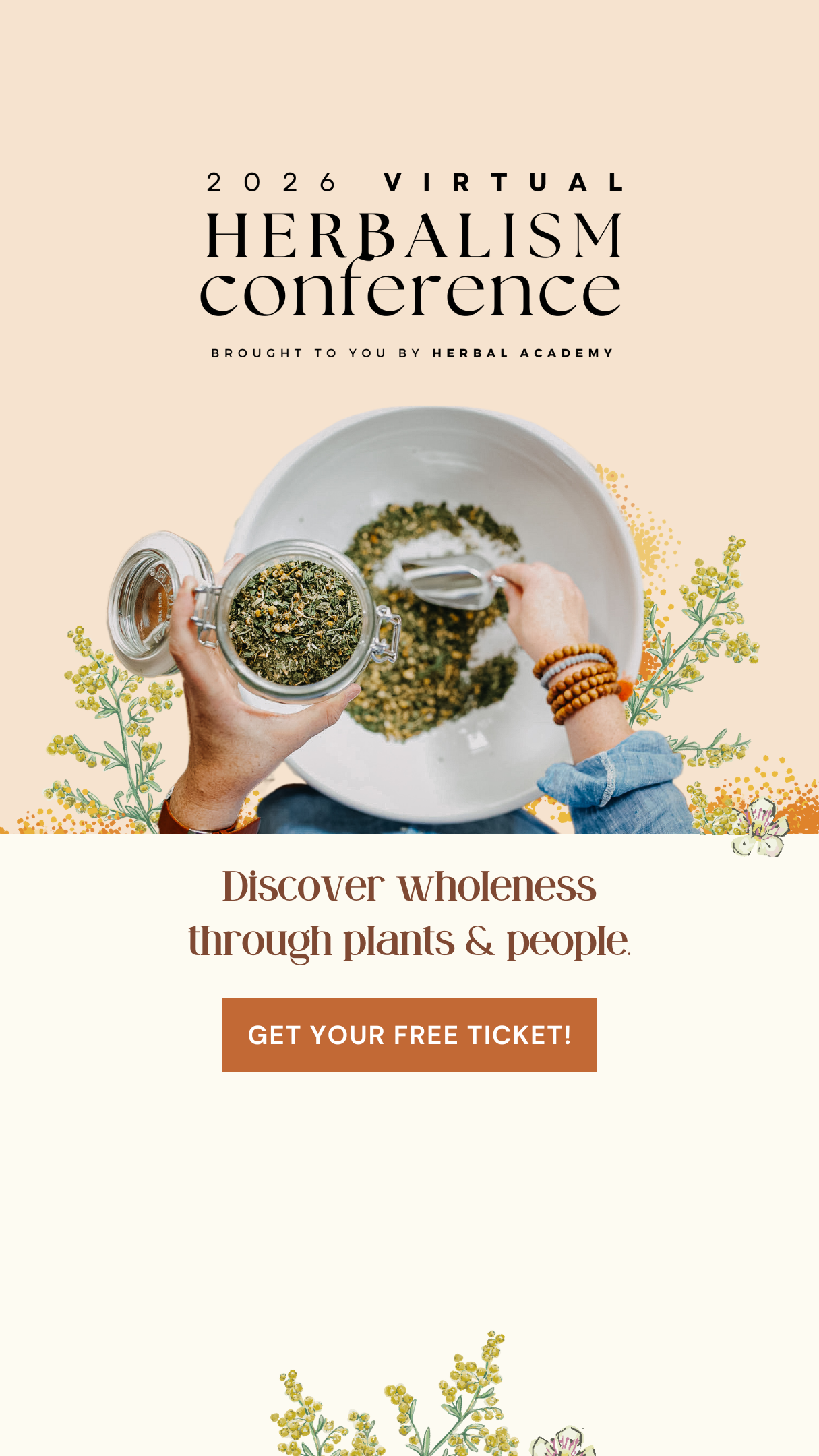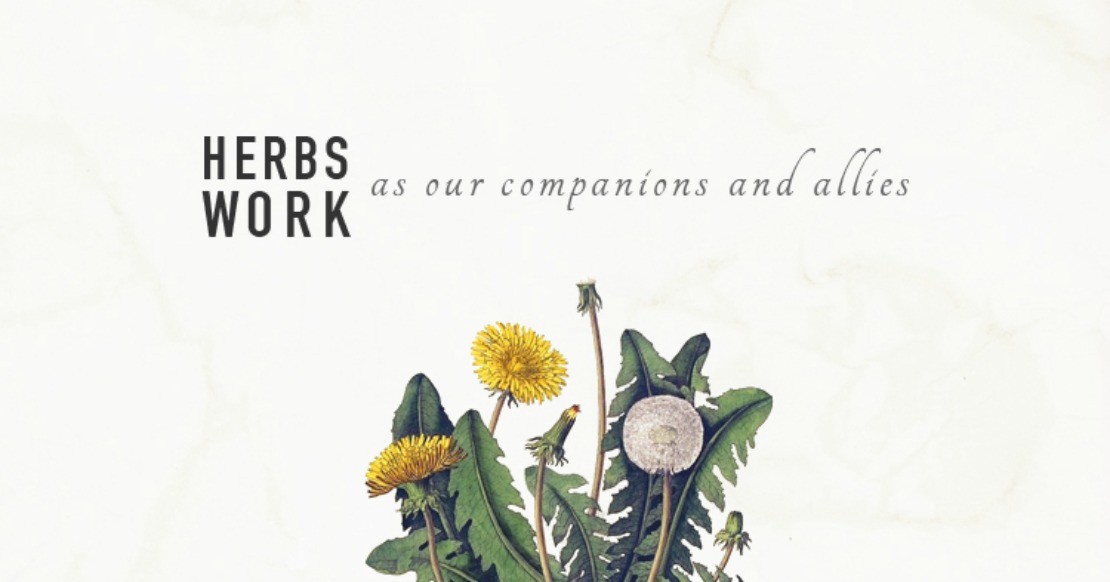
Herbs Work As Our Companions and Allies
As herbalists, it’s important for us to learn about plants through hands-on experience, and we are richly rewarded for the time we invest in learning to live side-by-side with our herbs. As we grow them in our gardens and help the continuation of their species, they nurture our health in return. Because of the nature of how they work – whole plants helping whole bodies – it is very natural to form long-term relationships with them as we apply them in our lives. Rather than alienate us with harsh side effects, their steady nature earns our trust as they ease us back into right living. We learn to see them as our companions and our allies.
Building Relationships with Plants
Human to human relationships take time and effort, and relationships with plants are no different. There are many skills we need in order to best care for the herbs in our lives. How to plant seeds and tend them into seedlings, when to divide crowded plants to give them room to thrive, how much water and sun to give and what soil the plant likes the most are excellent ways to get the relationship off to a good start. Herbs are among the most forgiving of any plants – they are hardy and will often grow enthusiastically in conditions where other plants would struggle – but everyone likes a little TLC now and then! In return for a place in our gardens, herbs like monarda, valerian, and peony enchant us with unusual blossoms and fragrances to keep us company while we work, even as they support our bodies in many ways. Dandelion, chickweed, and burdock give us food as well as gifts for our health.
Outside of our gardens, it’s important to develop a sense of place within our local ecosystem – which plants live near us and what history do they carry with them? Many of our wild plants have ethnobotanical uses that predate the arrival of European explorers in the 1600s. We need to develop a sense of stewardship for our local plants. The trees and shrubs that create our forests, the wildflowers that grow in abandoned fields and along the roadside – all of them lend a unique personality to the wild places around us. As our ecological allies, these plants aren’t here just for us. Each one of them has a special niche and distinct purpose for the health of our environment – not just the health of our bodies.
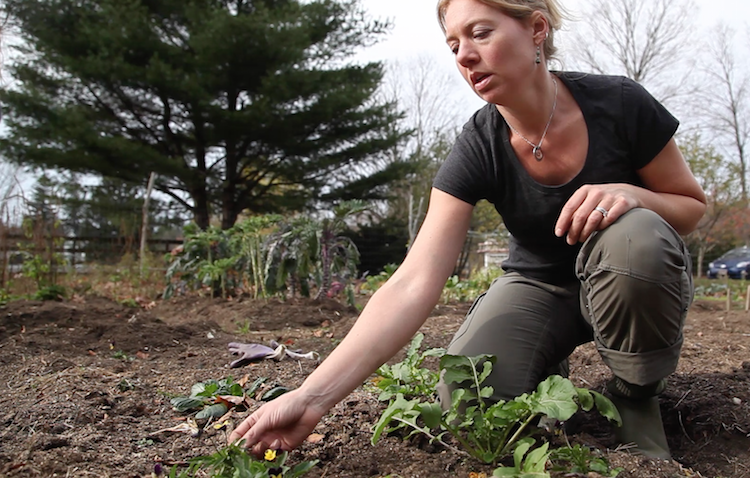
Sustainable Relationships
Having herbs as our companions and allies means we must also learn about sustainable harvest in our gardens and in the wild. How do we best approach our plant allies in a way that ensures their survival as well as ours? How much is enough, and how much is too much?
A pertinent example of why this is so important is ramps (Allium tricoccum). Ramps is often wild harvested, yet it grows slowly. Very slowly. It reproduces mainly by creating new bulbs as its root system expands from year to year, and it can take more than ten years to recover from only a 10% harvest in an area. On the other hand, some annual herbs, especially domesticated plants like calendula, grow easily and abundantly from a handful of seed saved each year and replanted the next. As both our health companions and our ecological allies, we owe it to our plants to learn to keep our relationships in balance with mindful harvests and respectful use.
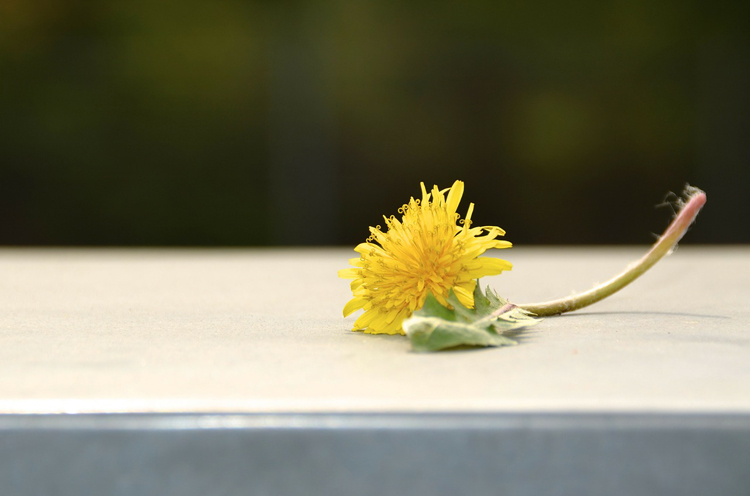
Going forward as we learn about our companions and allies in the plant world, we should try to learn about all aspects of our herbs – not just how to apply them for our health. They need us to learn how to care for them and how to carry on a relationship with the natural world just as much as we need them as part of our lives.
In return, they can offer us a comforting presence in our times of need, a cheery friendship in our gardens, and awe-inspiring greatness in the web of life that surrounds us even when we carelessly trample over it, unseeing.
The Herbarium
If you are looking for more ways to deepen your relationship with plants as allies and companions, we invite you to learn more about our online herbal community. The Herbarium is a beautiful resource that includes in-depth herb profiles, photography, articles available nowhere else, and a forum where you can connect with a community of like-minded herbal enthusiasts.

